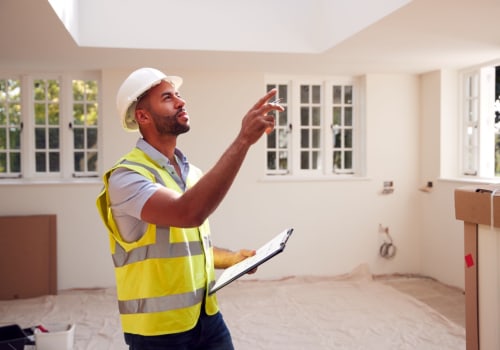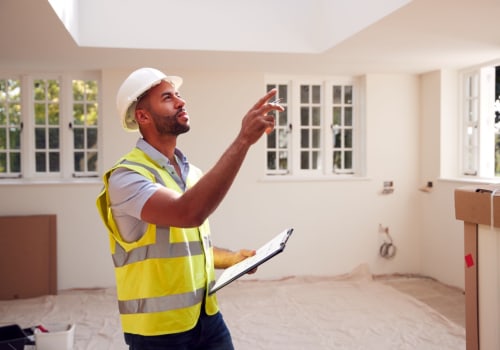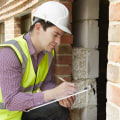Home inspections can be a daunting part of the homebuying process, especially when the report throws up issues. It can be disheartening to receive a bad inspection, but it doesn't mean you have to give up on your dream property. The key is to understand what a home inspection is and to know what to do if the inspection report shows serious problems. Read on to learn the basics of home inspection and how to manage latent issues.
A home inspection is typically a standard part of the homebuying process, but it's not uncommon for issues to be identified during the inspection. This is because most homes, even newly-built ones, will have some deficiencies and questions will arise. Factors that could influence an inspection report include the age of the home, maintenance done by previous owners, and even construction flaws since the home was originally built. To avoid any unpleasant surprises, it's important to carry out a reliable home inspection when you're considering buying a home. A comprehensive home inspection report can help you make more informed decisions about your purchase or the possible repairs you may need to make.
Generally, the inspection of the home is done before the closing, so there is time to renegotiate or even cancel the contract if the inspection reveals doubts about the physical structure or basic systems of the new home. It's wise to get recommendations from friends or a trusted realtor, but to make sure you find a highly qualified inspector, it's worth visiting sites like the Canadian Association of Home and Property Inspectors (CAHPI). It is also recommended to inspect newly built homes before purchase, although the new home warranty (or “new home guarantee” in Quebec) covers new construction in most Canadian provinces. It's natural to feel anxious or worried when problems are discovered during a home inspection, but it's important to stay calm and collected. According to the Canadian Association of Real Estate Inspectors (CAHPI), this would be instituted in a clause subject to home inspection.
If the home inspector expresses doubts about the integrity of the roof or foundation, they may also want to perform a specialized inspection to check the condition of the roof or the severity of fundamental problems to determine what type of renovations it will need. The Canadian Association of Home and Property Inspectors (CAHPI) maintains rules and codes for its members, so choosing an inspector who is a member of the CAHPI can provide greater security. ASHI always suggests that a homebuyer contact their home inspector and explain any concerns they have regarding the home inspection report. If you're worried about what your Canadian home inspection report might reveal, it's important to remember that there are steps you can take. First and foremost, make sure you hire an experienced and qualified inspector who is a member of CAHPI. This will ensure that your report is accurate and reliable.
Additionally, if any issues are identified during your inspection, contact your inspector and discuss them in detail. Finally, if necessary, consider getting a specialized inspection for any major issues that may arise.










